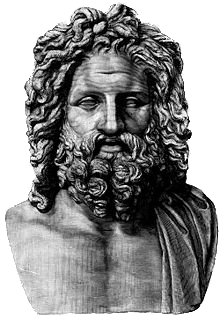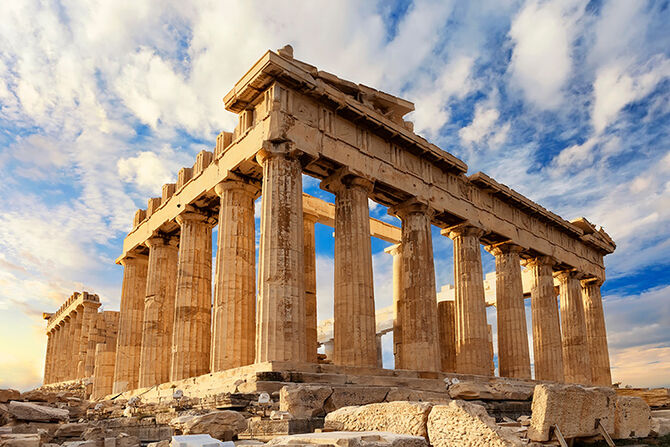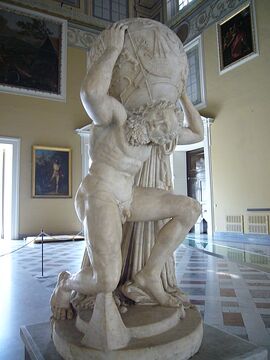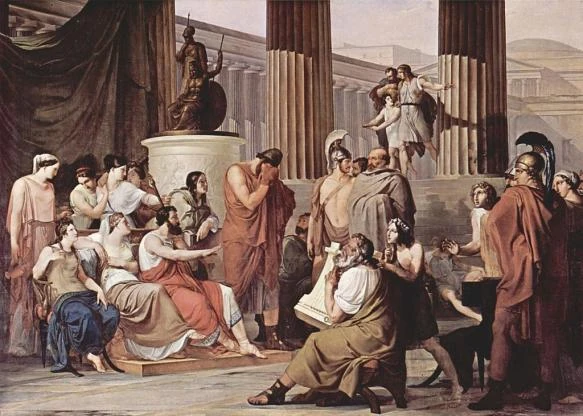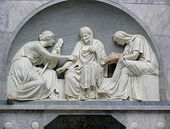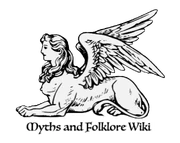No edit summary |
No edit summary |
||
| (5 intermediate revisions by 2 users not shown) | |||
| Line 4: | Line 4: | ||
| |
| |
||
<div style="font-size:14px;text-align:center;"><div style="text-align:center;"><div style="font-size: 200%; padding-top:25px; font-family: Algerian;"> Welcome to {{SITENAME}}!!</div> |
<div style="font-size:14px;text-align:center;"><div style="text-align:center;"><div style="font-size: 200%; padding-top:25px; font-family: Algerian;"> Welcome to {{SITENAME}}!!</div> |
||
| − | Proudly [[Special:Recentchanges|editing]] [[Special:Statistics|{{NUMBEROFARTICLES}}]] [[Special:Allpages|articles]] since |
+ | Proudly [[Special:Recentchanges|editing]] [[Special:Statistics|{{NUMBEROFARTICLES}}]] [[Special:Allpages|articles]] since July 2008, and later adopted by [[User:Messenger of Heaven|Messenger of Heaven]] in February 2018. |
</div></div> |
</div></div> |
||
{{Header|Introduction}} |
{{Header|Introduction}} |
||
| − | '''"Greek Mythology"''' refers to stories made by the [[Greece|ancient Greeks]] about the occurrences of daily events. Generally, myths arise when man attempts to explain how certain natural phenomena could occur, or to explain open questions like "What happens after death? |
+ | '''"Greek Mythology"''' refers to stories made by the [[Greece|ancient Greeks]] about the occurrences of daily events. Generally, myths arise when man attempts to explain how certain natural phenomena could occur, or to explain open questions like "What happens after death?" One of the oldest known Greek myths is the epic poem of [[Odyssey]], telling the story of the Greek hero [[Odysseus]] and his long journey home following the fall of Troy. In modern days, references to many of these myths are found in archeological dig-sites. |
<gallery type="slider"> |
<gallery type="slider"> |
||
| Line 26: | Line 26: | ||
| |
| |
||
| − | {{Header| |
+ | {{Header|Affiliations}} |
[[File:ClashOfTheTitansWiki.png|center|link=https://clash-of-the-titans.wikia.com]] |
[[File:ClashOfTheTitansWiki.png|center|link=https://clash-of-the-titans.wikia.com]] |
||
| − | [[File:GodOfWarWiki.png|center|link=https://godofwar.fandom.com]] |
+ | [[File:GodOfWarWiki.png|center|link=https://godofwar.fandom.com/wiki/God_of_War_Wiki]] |
| + | [[File:Mythuswiki.png|180px|center|link=https://mythus.fandom.com/wiki/Main_Page]] |
||
<mainpage-endcolumn /> |
<mainpage-endcolumn /> |
||
|} |
|} |
||
Revision as of 18:44, 12 May 2022
|
Welcome to Greek Mythology Wiki!!
Proudly editing 1,873 articles since July 2008, and later adopted by Messenger of Heaven in February 2018. Introduction"Greek Mythology" refers to stories made by the ancient Greeks about the occurrences of daily events. Generally, myths arise when man attempts to explain how certain natural phenomena could occur, or to explain open questions like "What happens after death?" One of the oldest known Greek myths is the epic poem of Odyssey, telling the story of the Greek hero Odysseus and his long journey home following the fall of Troy. In modern days, references to many of these myths are found in archeological dig-sites.
Featured ArticleThe Moirai (Moirae) were the three goddesses of fate who personified the inescapable destiny of man. They assigned to every person his or her fate or share in the scheme of things. Their name means "Parts." "Shares" or "Alottted Portions." The individuals were Klotho (Clotho), the "the Spinner," who spun the thread of life, Lakhesis (Lachesis), "the Apportioner of Lots", who measured it, and Atropos (or Aisa), "She who cannot be turned," who cut it short. Continue reading...
|
